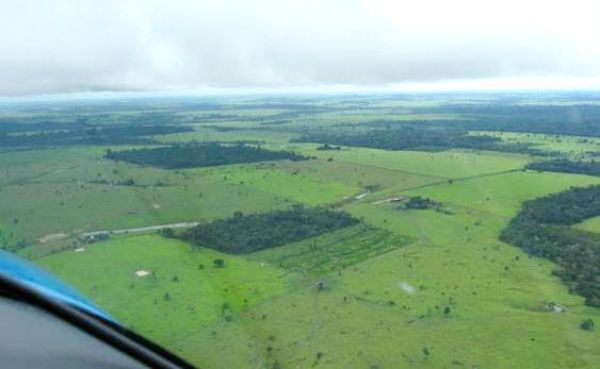The study area, which represents about 20 percent of the Amazon basin, has lost 30 percent of its rainforest
articles
Experts Collaborate on Mission to Document Protected Species
Scientists collect valuable data on marine mammals, seabirds, and sea turtles during the first part of a survey off the southeast coast of the United States.
Making Clean Hydrogen Is Hard, but Researchers Just Solved a Major Hurdle
For decades, researchers around the world have searched for ways to use solar power to generate the key reaction for producing hydrogen as a clean energy source — splitting water molecules to form hydrogen and oxygen.
DNA Duplication Linked to the Origin and Evolution of Pine Trees and Their Relatives
Plants are DNA hoarders. Adhering to the maxim of never throwing anything out that might be useful later, they often duplicate their entire genome and hang on to the added genetic baggage.
Ocean Microbes Team up Brilliantly to Gather Food When It’s Scarce
What’s a hungry marine microbe to do when the pickings are slim?
Unsustainable Arctic Shipping Risks Accelerating Damage to the Arctic Environment
The economic and environmental pros and cons of melting Arctic ice creating shorter shipping routes through the polar region are weighed up in ground-breaking research from UCL experts in energy and transport.










